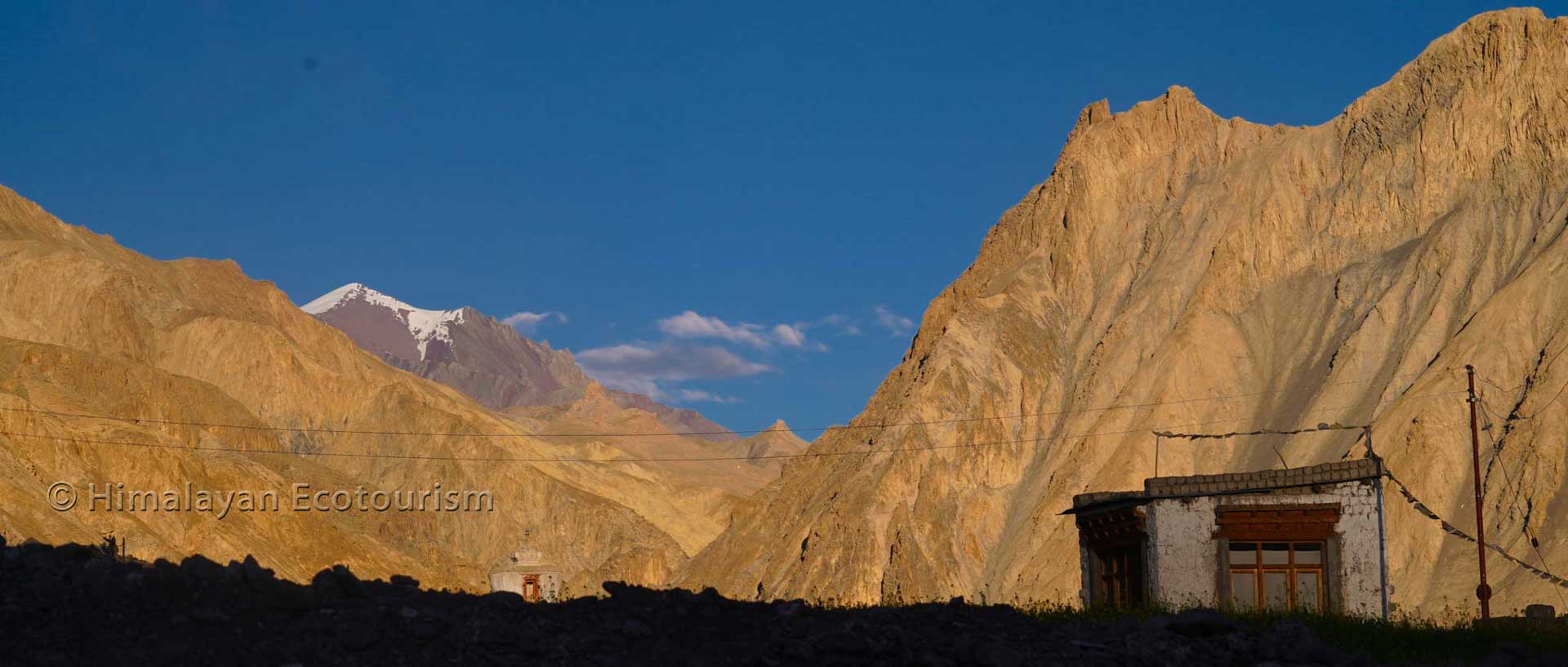A Journey of Purpose & Impact
By Gaurav, Managing Partner, Himalayan Ecotourism
As I reflect on my journey as a Managing Partner at Himalayan Ecotourism (HECO), I am compelled to share the experiences and insights that have shaped our path. My tenure at HECO has been a tapestry of challenges and triumphs, driven not just by business goals but by a deeper purpose – one that questions the essence of sustainable tourism and its impact on local communities.
Understanding Sustainable Tourism
What does sustainable tourism truly mean? In a world where environmental and social responsibility often teeter on the edge of greenwashing, it’s essential to question whether our actions genuinely benefit local communities or merely serve as a veneer of sustainability. My commitment to HECO began with these critical questions. As I navigated through the nuances of managing treks and tours, I realized that the heart of sustainability lies not just in eco-friendly practices but in meaningful community engagement and empowerment.
Living the Purpose: A Hands-On Approach
My role at HECO extends beyond the conventional. On days when I’m not coordinating treks or managing operations, I become a storyteller in local schools. When there is no power and the screens are off, I go to the orchards to help farmers carry crates of apples and plums to the road for transport. Climbing peaks with a heavy rucksack is exhilarating, but helping local women with haystacks while conversing about their lives is no less an experience. These experiences are more than just tasks; they are a testament to our commitment to integrating into the local culture and understanding its rhythms.
The joy of sharing our sustainability efforts with clients is immense. Whether it’s recounting our tree plantation projects or discussing the empowerment of local communities, the pleasure comes from knowing that HECO’s work is rooted in genuine, impactful practices. Even when faced with setbacks, such as losing a tree plantation to a forest fire, our resolve remains unshaken. We start anew, over three thousand trees planted again with the help of the community, driven by a belief in the importance of perseverance and renewal.
Reinventing Tourism in Ladakh
Ladakh, with its breathtaking landscapes and resilient culture, offers a unique canvas for sustainable tourism. Here, nature and humans coexist in harmony, with sophisticated irrigation systems transforming arid mountains into verdant oases. Yet, the recent surge in tourism has brought both opportunities and challenges.
The shift in tourism dynamics has led to a decline in revenue for rural areas, disrupting traditional livelihoods and driving youth away from their villages in search of urban opportunities. The migration of youth, coupled with the environmental strain of increased tourism in accessible areas, threatens both the cultural heritage and ecological balance of Ladakh.
At HECO, our mission is to reinvigorate tourism in Ladakh in a way that benefits local communities while preserving the region’s natural beauty. Our approach is not just about attracting tourists but about fostering sustainable practices that empower communities. By introducing immersive experiences and promoting local culture, we aim to enhance the value of village life, making it an appealing option for the younger generation.
The Photoksar Project
Our ambitious endeavors in Ladakh began with the pilot project in Photoksar, a village in the Zanskar range. When I did a recce of the Tso Marpo (the Red Lake) at 5100m, it was just another trail. Over time, the opening of the Tso Marpo trek has been more than just a new route; it represents a commitment to sustainable tourism that benefits the community. Through the Photoksar Tourism Development Committee, we ensure that revenue from the trek supports local residents and fosters collective management of funds. This model not only provides economic benefits but also reinforces the villagers’ sense of pride and cultural identity.
The Broader Impact: Lessons from Tirthan Valley
Our experiences extend beyond Ladakh. In Himachal Pradesh’s Tirthan Valley, we established a cooperative society among local trekking staff, promoting fair wages and better working conditions. This initiative exemplifies how businesses can support local communities and foster economic empowerment. By investing in women’s empowerment and sustainable tourism, we address both social and environmental challenges.
The Role of Enterprises in Sustainable Development
Reflecting on my experiences in the outdoor sector and the transition to running HECO, I am convinced that enterprises have a crucial role in shaping a sustainable future. Rather than merely mitigating harm, businesses can actively contribute to conservation and community welfare. At HECO, our principles are clear: as we grow, so should the well-being of the local communities we engage with. We strive to minimize our ecological footprint, invest in social progress, and ensure that our profits support meaningful projects.
A Call to Action
The journey of Himalayan Ecotourism is a testament to the power of purposeful business practices. By redefining tourism and integrating sustainable practices into every aspect of our operations, we not only enhance the lives of local communities but also contribute to the preservation of our planet. As we move forward, we invite others to join us in this mission – to make tourism a force for good, to empower marginalized communities, and to celebrate the symbiotic relationship between humans and nature.
Our story is one of resilience, impact, and hope. It is a call to action for all enterprises to embrace a model where economic success and social responsibility go hand in hand, paving the way for a more sustainable and equitable future.








Sharad
Good. Keep it up.
September 24, 2024 at 8:37 am